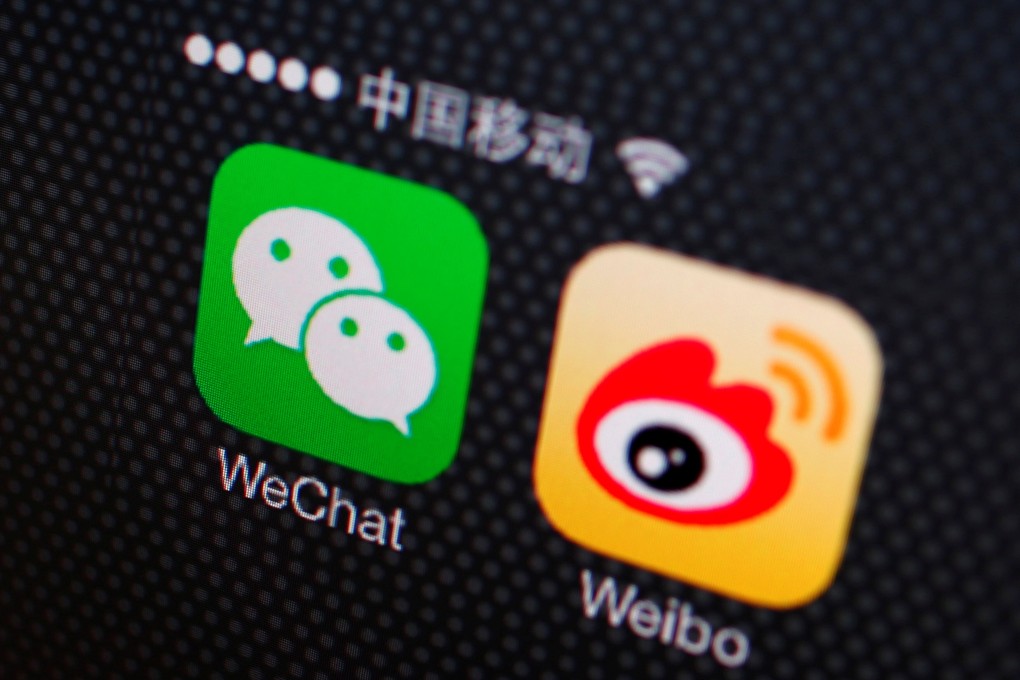China’s internet watchdog intensifies campaign against independent content creators, says regulators must have ‘teeth’
- China’s internet watchdog announced a crackdown on self-media accounts in an effort to curb political content from independent content creators
- Self-media accounts have become a popular source of information across platforms such as Tencent’s WeChat and ByteDance’s Douyin, China’s TikTok

The Cyberspace Administration of China (CAC) is exploring measures to control the distribution of information across all internet platforms to end “disruption to the order of internet broadcasts”, the agency said on Sunday. The campaign will primarily focus on cleaning up self-media accounts, but it also targets social media trending charts, push notifications and short video platforms, according to the report.
The announcement makes it clear that the CAC aims to curb independent reporting and reposting of information considered illegal while promoting government-sanctioned stories.

03:32
Chinese citizen journalist Zhang Zhan sentenced to four years in jail for Wuhan coronavirus reports
The rise of social media platforms such as Tencent Holdings’ WeChat and Sina Weibo, and more recently a new breed of video-sharing platforms such as Douyin, Kuaishou and Bilibili, has enabled countless self-media accounts around the country, giving a voice to millions of Chinese netizens over the past decade.